Transitional Health Science and Technology Institute (THSTI) and DNDi India Foundation join forces in research initiative to tackle dengue
Transitional Health Science and Technology Institute (THSTI) and DNDi India Foundation join forces in research initiative to tackle dengue
The Transitional Health Science and Technology Institute (THSTI), an autonomous institute of the Department of Biotechnology Ministry of Science and Technology, Government of India, joined forces with a not-for-profit research organization developing new treatments for neglected patients, DNDi Drugs for Neglected Diseases initiative India Foundation, in a collaboration that aims to develop a safe, affordable and effective treatment for dengue, within five years.
The partnership will carry out preclinical studies of potential dengue treatments, test the efficacy of several repurposed drug candidates and implement clinical trials of the most promising compounds to deliver an affordable and accessible treatment solution. The focus will be on combination treatment opportunities as these have the most potential for increased efficacy at different stages of the disease – increasing the window of opportunity to avoid progression to severe dengue.
Dengue, a climate sensitive neglected tropical disease, is one of the top ten threats to global public health worldwide. Symptoms can include fever, nausea, vomiting, aches, and muscle, joint or bone pain so excruciating that the disease is also known as ‘breakbone fever.’ If infection progresses to severe dengue, affected people may experience shock, internal bleeding and organ failure – there is also a risk of death.
Yet, despite an estimated 390 million dengue infections each year in more than 100 countries worldwide, there is no specific treatment available. This not only causes immense suffering, but places significant pressure on already overburdened health systems.
More than 70% of the global dengue burden is in Asia where severe dengue has become a leading cause of hospitalization and death among children and adults in many countries. India reports tens of thousands of dengue cases every year, with outbreaks every 2-3 years in different states of the country. During the year 2021, total number of 164,103 dengue cases were reported against 205,243 cases in 2019.
‘There are no specific antiviral drugs to treat dengue infection, and limited use of vaccines. Despite research and development to identify treatment for dengue fever, we have not yet achieved sufficient results. It is important that we join our efforts to tackle the disease which affect millions of people,‘ said Dr Pramod Kumar Garg, Executive Director of THSTI.
‘The collaboration with DNDi India Foundation is an important step towards developing effective treatment of dengue fever. At the same time, it will coordinate efforts to help overcome knowledge gaps and expedite clinical research and regulatory approvals, including addressing unmet need of the dengue patients,’ added Dr Garg.
Globally, the number of dengue incident cases increased by 85% from 1990 to 2019. Rising temperatures linked to climate change are predicted to see faster viral amplification of the disease, as well as increased survival, reproduction and biting rate of the mosquitoes which carry it.
“As there is no specific treatment that can prevent progression of the infection to severe dengue, it is critical to find therapeutic solutions to this climate-sensitive disease that spreads at rapid pace. We hope this new partnership will accelerate the development of new dengue treatment that will be safe, accessible and easy-to-administer,’ said Dr Kavita Singh, Director, DNDi South Asia.
Since its creation in 2003, DNDi has developed and registered nine new treatments for neglected diseases such as sleeping sickness, visceral and cutaneous leishmaniasis, Chagas, and paediatric HIV. This is the first time its researchers will dedicate efforts to dengue.

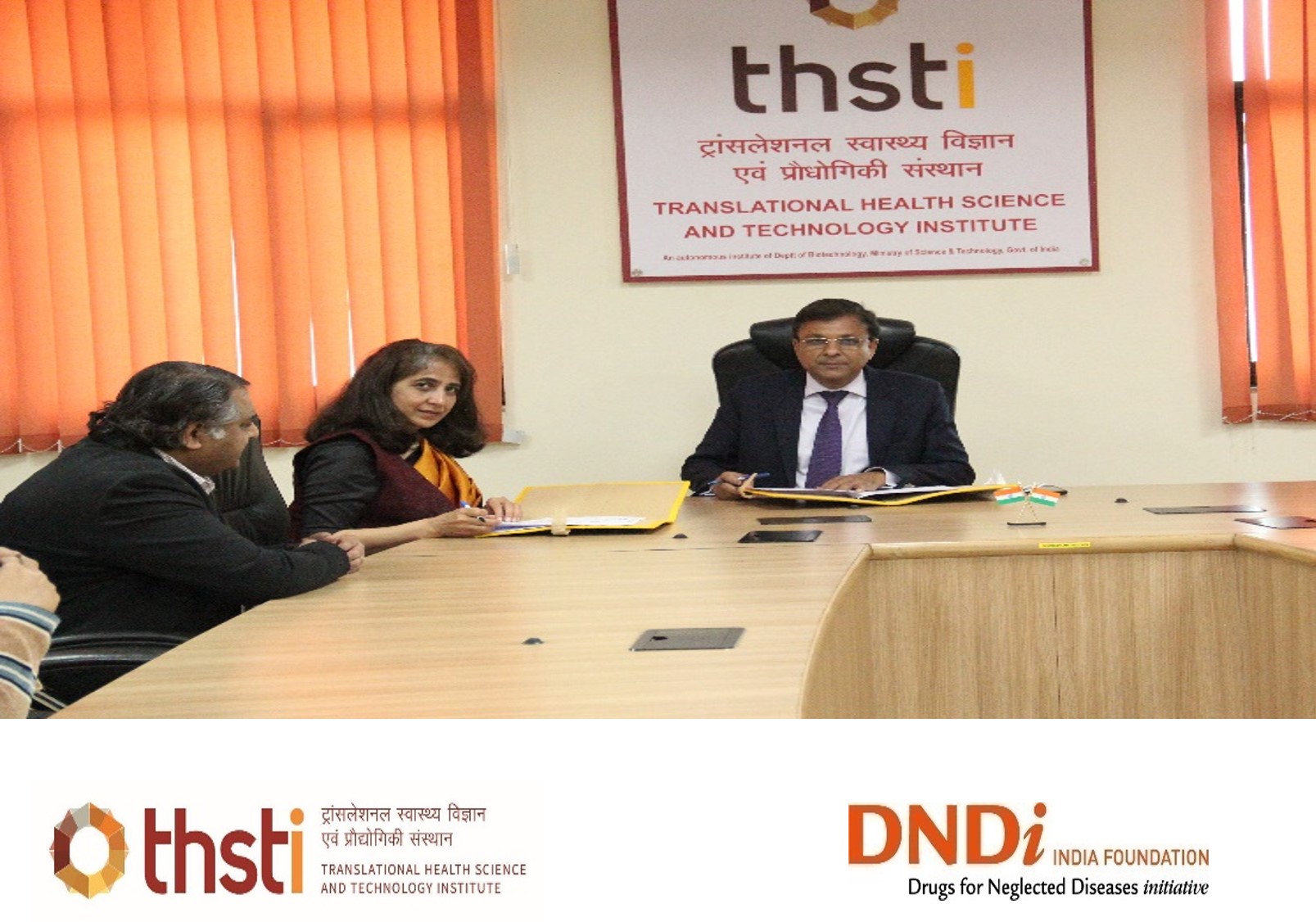
 30 Dec 2025
30 Dec 2025
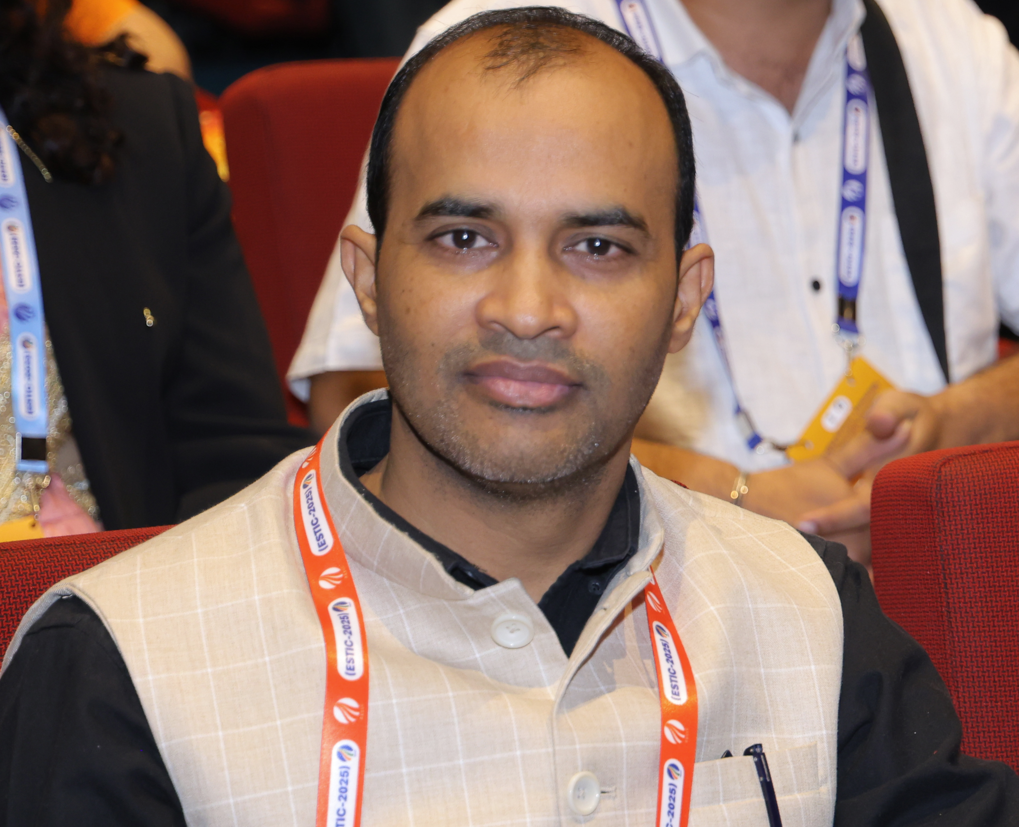 29 Dec 2025
29 Dec 2025
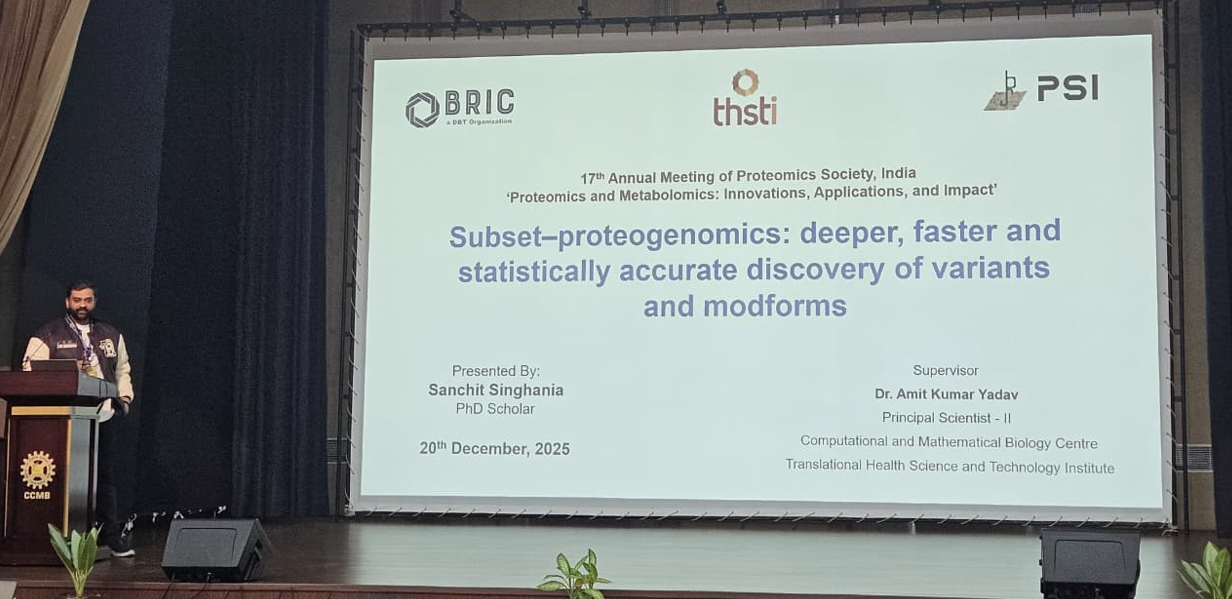 29 Dec 2025
29 Dec 2025
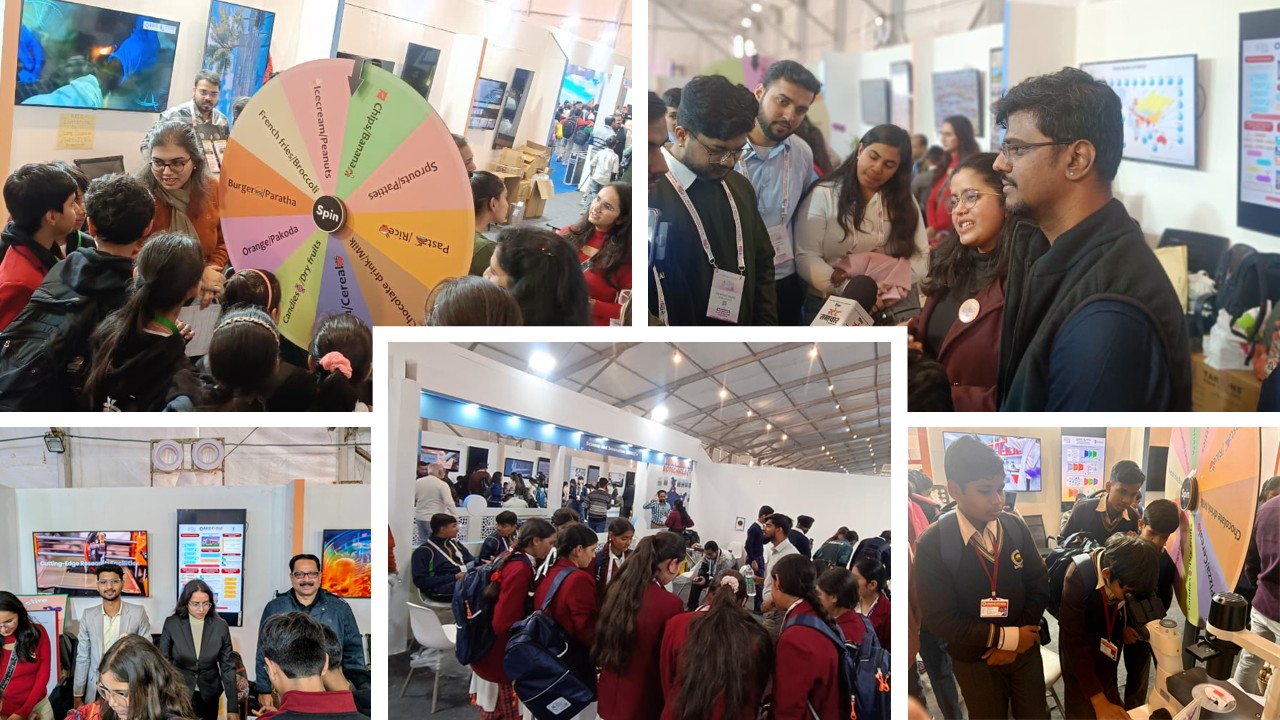 10 Dec 2025
10 Dec 2025
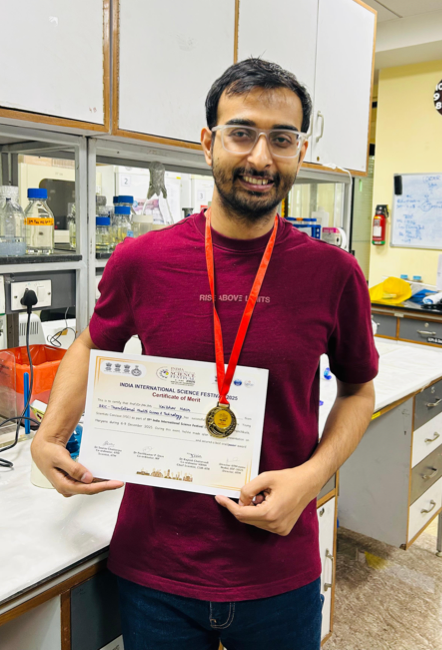 10 Dec 2025
10 Dec 2025